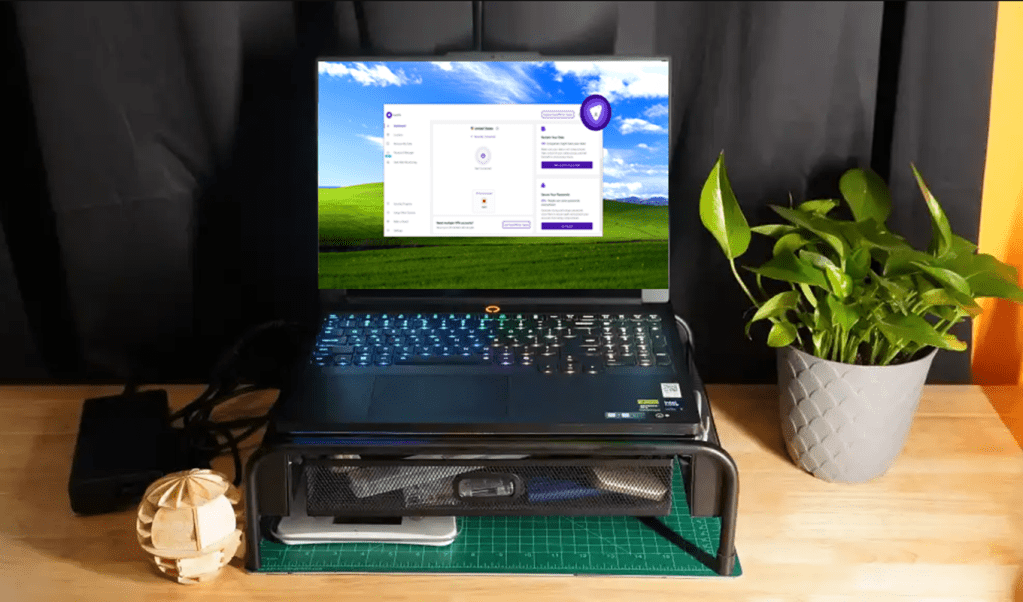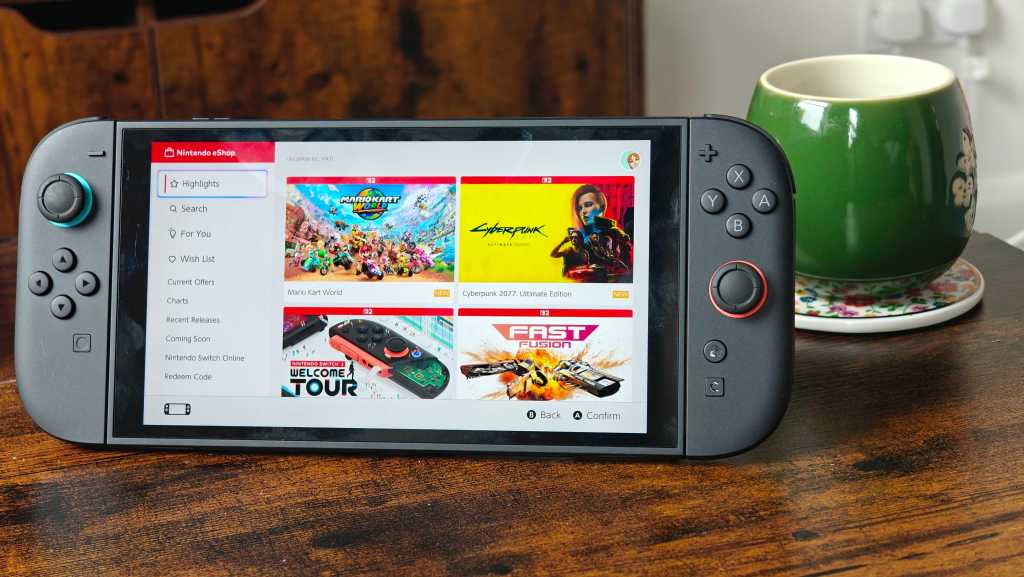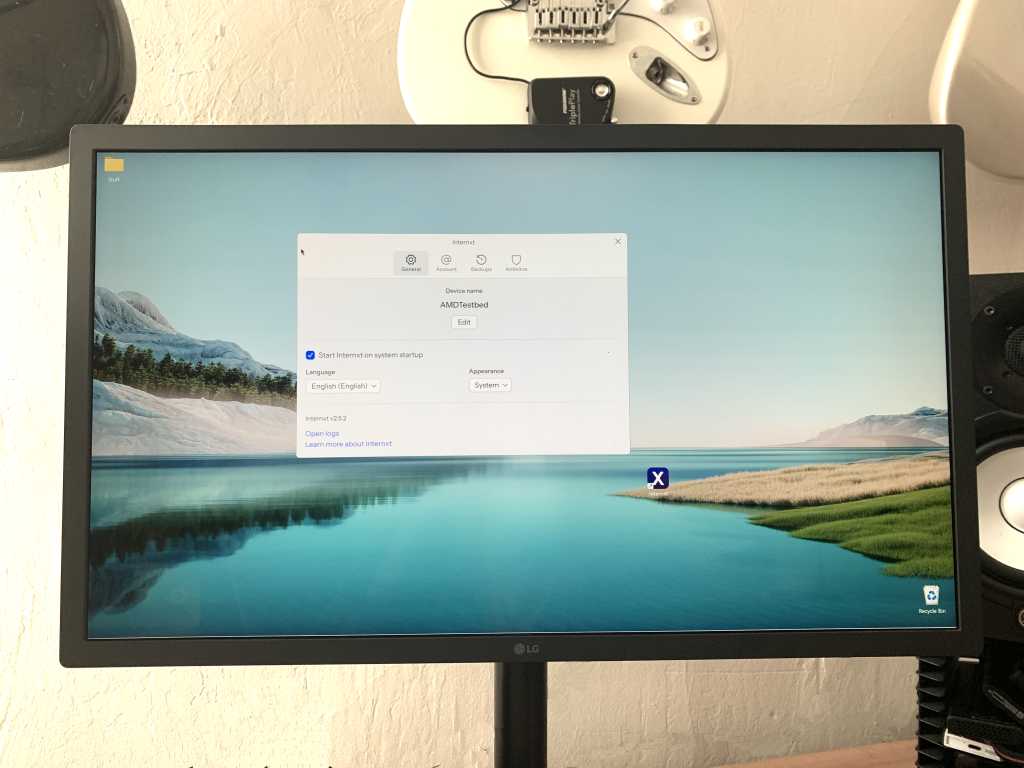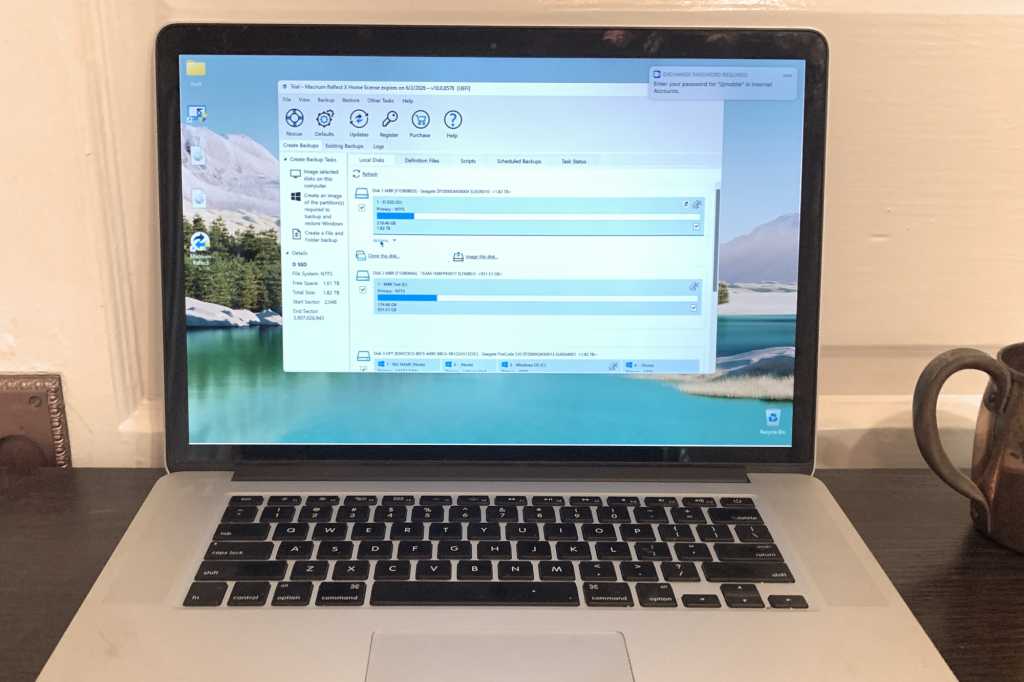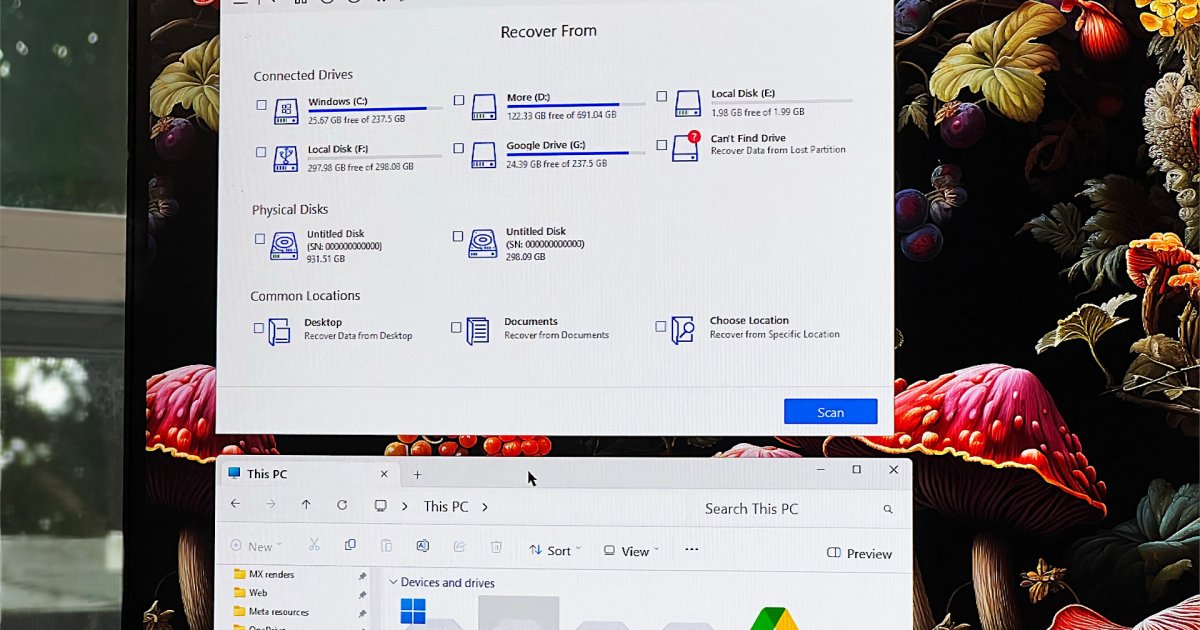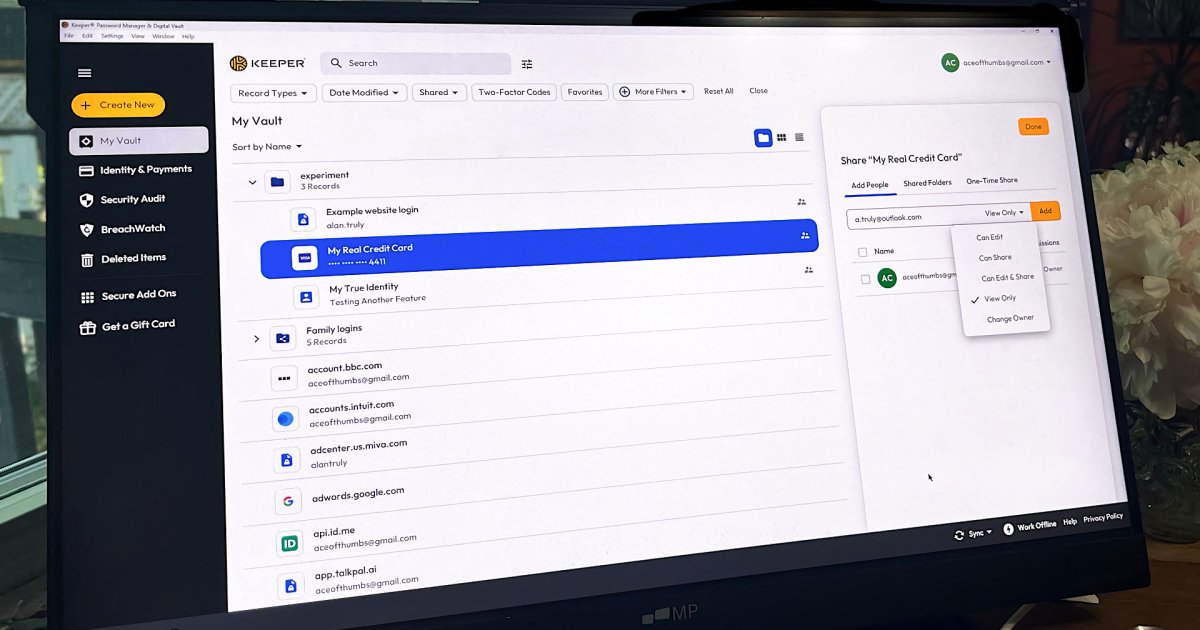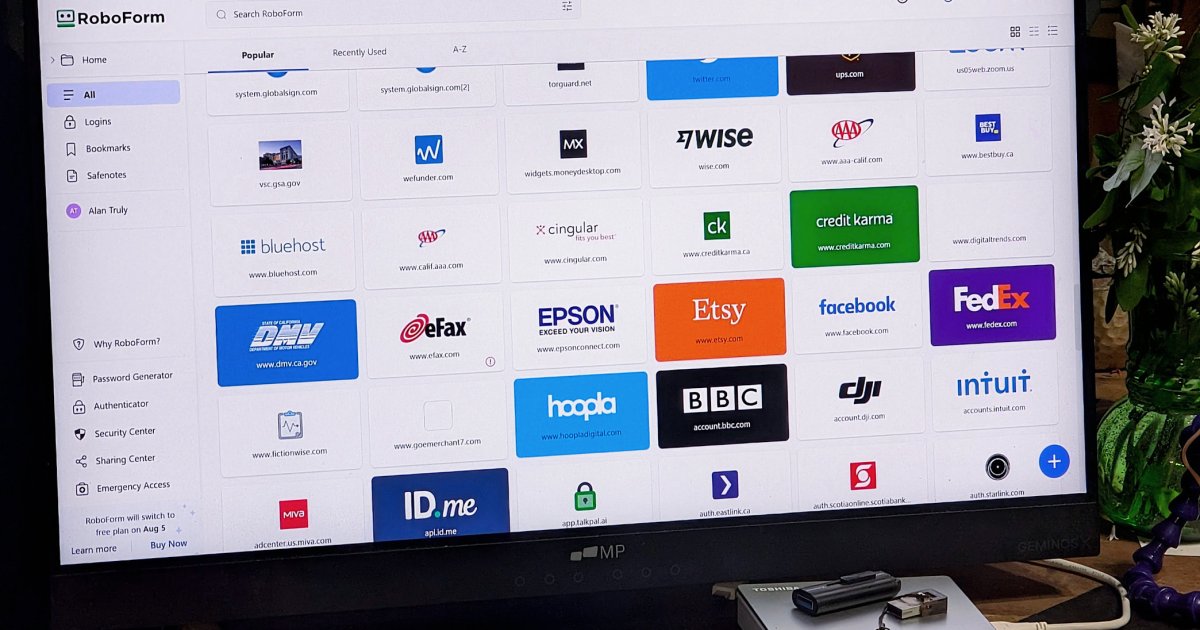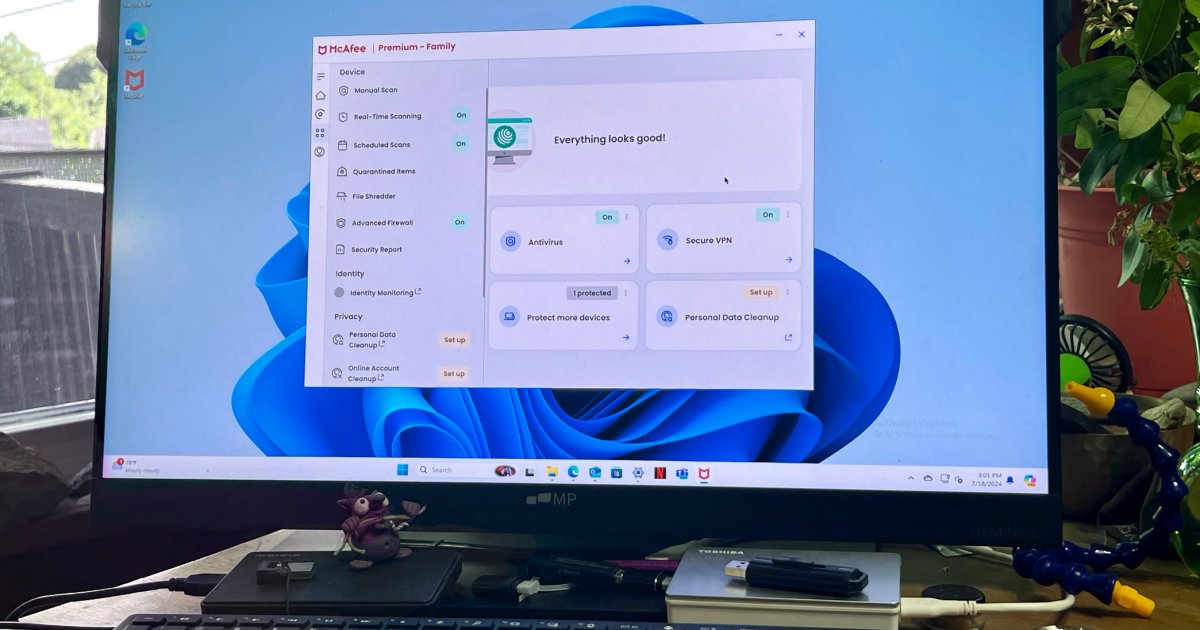PureVPN offers a robust set of core features that can be extensively expanded with paid upgrades. Boasting a large server network and a privacy-friendly jurisdiction, it initially appears promising. However, past privacy incidents, inconsistent streaming performance, and aggressive upselling tactics raise concerns and suggest exploring alternative options.
PureVPN: A Quick Overview
- P2P allowed: Yes, on designated servers
- Simultaneous device connections: 10
- Jurisdiction: British Virgin Islands
- Number of servers: 6,500+
- Number of country locations: 78+
- Cost: From $2.14 per month (2-year plan)
PureVPN, operating from the British Virgin Islands (formerly Hong Kong), presents a clean interface, extensive server coverage, and a comprehensive feature set. While lacking groundbreaking technology, it focuses on fundamental aspects like privacy, security, and accessibility. This review evaluates PureVPN’s performance, features, and value proposition in the competitive VPN landscape.
Features and Services: A Deep Dive
PureVPN allows up to 10 simultaneous device connections, adequate for most users, although the trend among premium VPNs is toward unlimited connections. With over 6,500 servers across 78+ countries, PureVPN provides ample options for bypassing geo-restrictions. However, unlike some competitors like Windscribe Pro, PureVPN utilizes virtual servers alongside physical ones. While virtual servers address challenges in maintaining physical infrastructure in certain regions, they sometimes impact reliability and speed. PureVPN has recently reduced its reliance on virtual servers in response to user feedback.
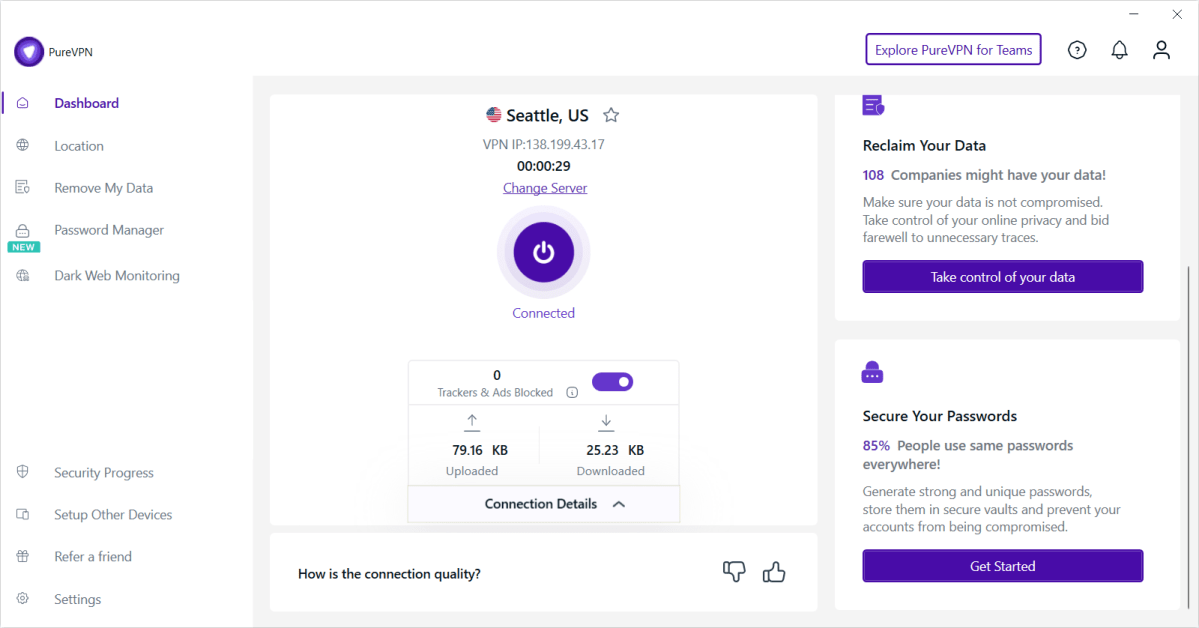 PureVPN
PureVPN
Cross-platform compatibility is a strength, with support for Windows, macOS, iOS, Android, Linux, browser extensions, and smart TVs. The Windows app features an intuitive interface with a prominent “Connect” button and a clear navigation menu. However, persistent upgrade recommendations detract from the overall user experience. These upselling attempts extend to frequent marketing emails, which can be intrusive.
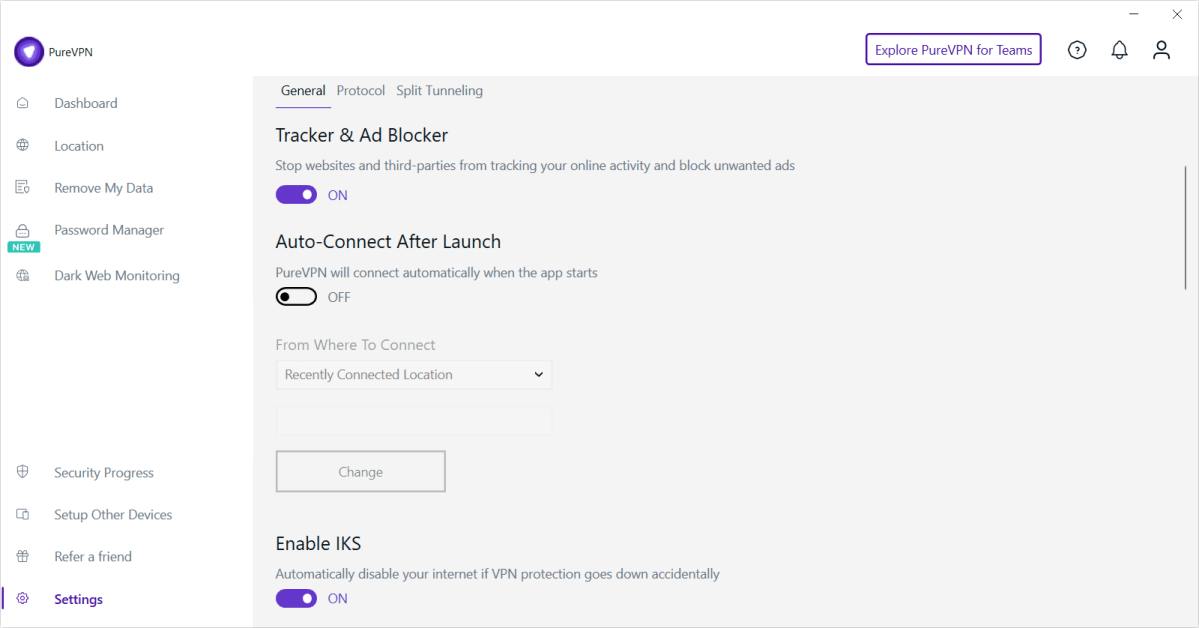 PureVPN
PureVPN
Standard features include a kill switch, auto-connect, an ad and tracker blocker, customizable connection protocols, and split tunneling. However, the Standard plan’s value proposition is questionable compared to competitors like NordVPN and ExpressVPN, which offer more features at similar price points.
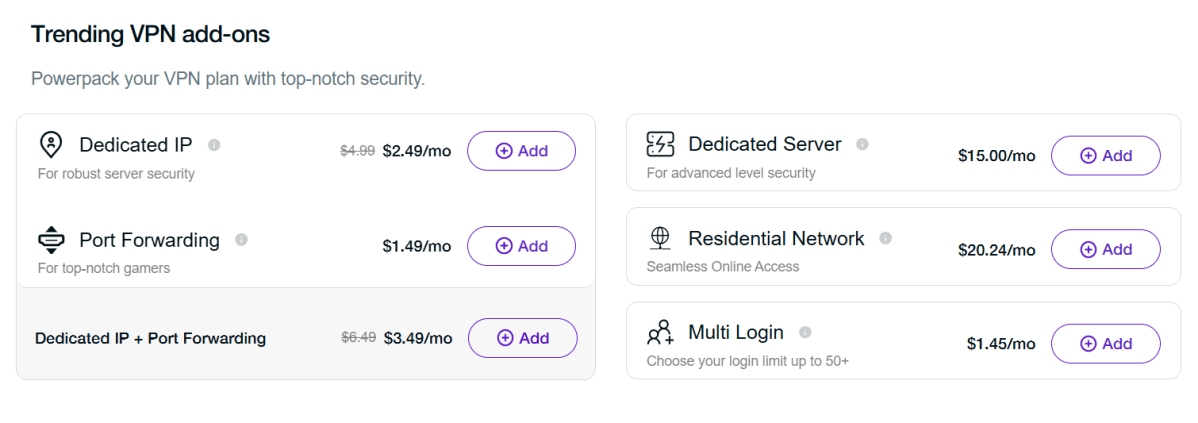 PureVPN
PureVPN
PureVPN offers a range of add-ons, including dedicated IPs, port forwarding, dedicated servers, residential network access, and increased simultaneous connections. Upgraded plans (Plus and Max) include security features like password managers, data removal services, and dark web monitoring.
Pricing and Plans: A Complex Landscape
PureVPN’s pricing structure is complex, with three tiers (Standard, Plus, Max) and four contract lengths (monthly, 1-year, 2-year, 5-year). Numerous add-on options further complicate the selection process. The Standard plan, while pricey at $12.95 per month, becomes more competitive with long-term subscriptions ($47.88 annually or $51.36 biennially). Payment options include credit cards, PayPal, Bitcoin, and other cryptocurrencies.
Performance: Speed and Streaming
PureVPN’s speeds are generally good, particularly with the WireGuard protocol, achieving around 61% of baseline download speed and 79% of upload speed. While other protocols offer slower performance, WireGuard remains the recommended choice for most users. These speeds suffice for browsing, streaming, and even torrenting. However, streaming unblocking capabilities are inconsistent. While some designated streaming servers worked flawlessly, others failed to access intended platforms like Netflix US. This inconsistency makes it difficult to recommend PureVPN solely for streaming purposes.
Security and Privacy: Addressing Concerns
PureVPN supports IKEv2, OpenVPN (TCP and UDP), and WireGuard protocols. The “Connect to Fallback” feature, while intended to ensure connectivity, raises concerns about automatic switching to less secure protocols without user consent. The kill switch functioned reliably in tests, and DNS leak tests revealed no IP address leaks. PureVPN’s past cooperation with law enforcement raises privacy concerns, although the company maintains a “no-logs policy” regarding browsing activity, IP addresses, and connection logs. While PureVPN has undergone independent no-logs audits, their public unavailability remains a point of concern. The relocation to the British Virgin Islands, a jurisdiction without mandatory data retention laws or involvement in international data-sharing alliances, is a positive step.
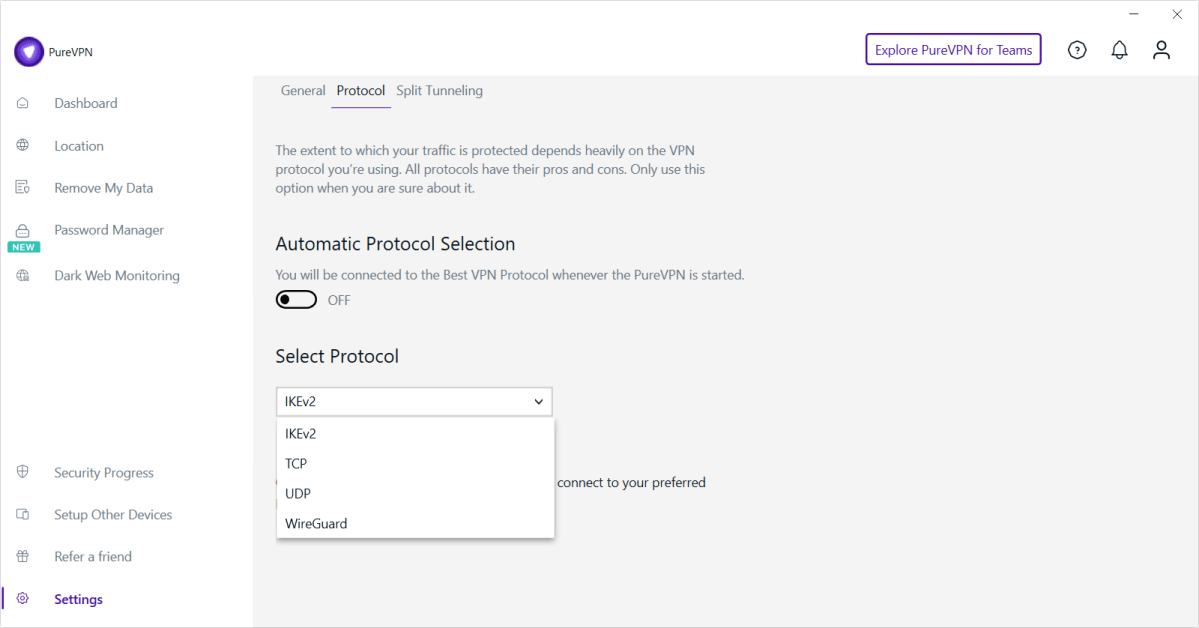 PureVPN
PureVPN
 PureVPN
PureVPN
Conclusion: A Solid Choice, But Consider Alternatives
PureVPN provides a decent VPN experience with a broad server network, good speeds, and essential features. However, inconsistent streaming performance, past privacy issues, and aggressive upselling practices diminish its appeal. While suitable for novice users, other VPN services offer a better balance of features, performance, and privacy at comparable price points.



